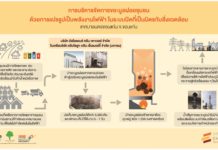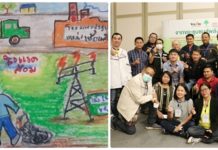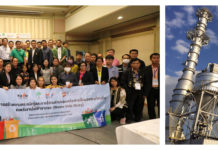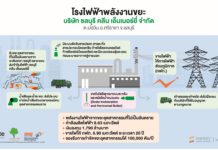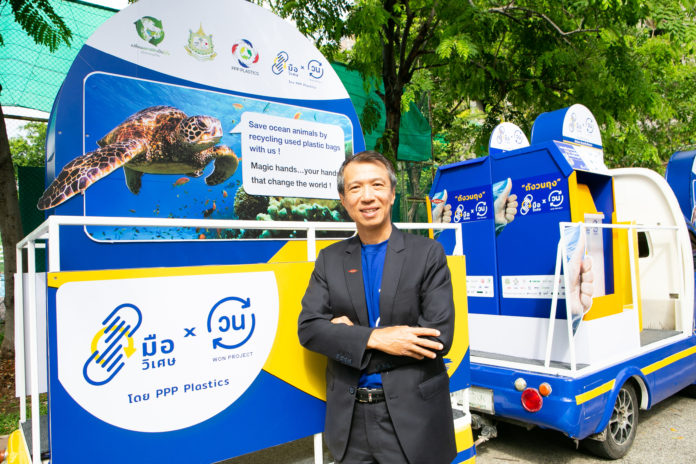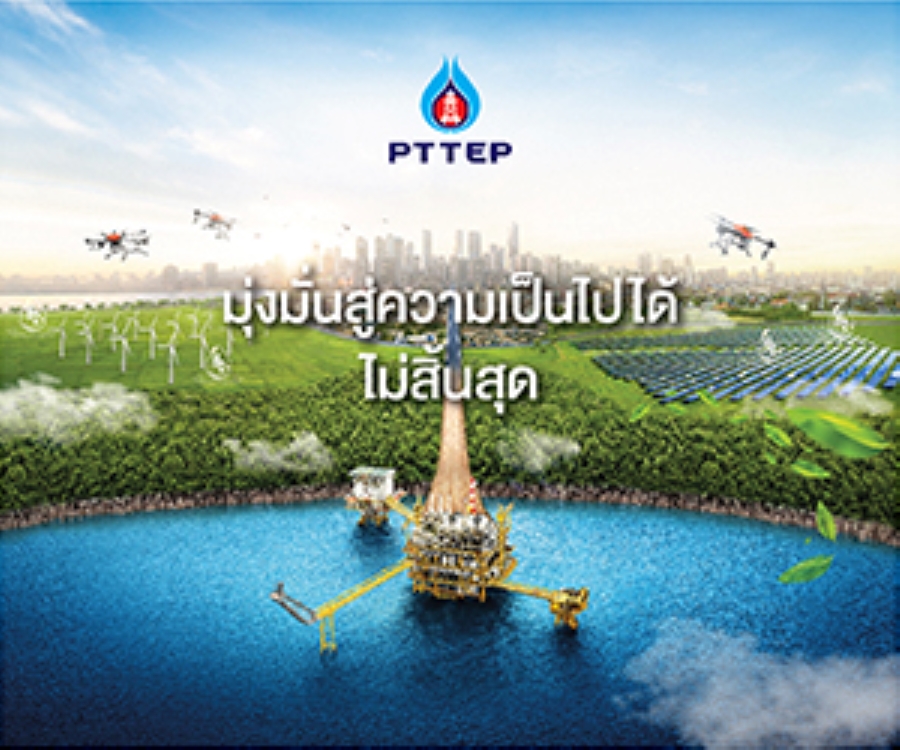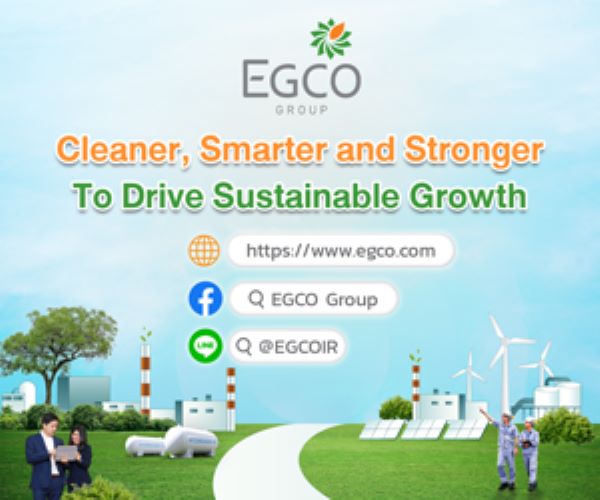Dow Thailand Group, a global leader in material sciences, points out that sustainable plastic waste management demands all parties’ engagement, particularly the general public.
Mr. Chatchai Luanpolcharoenchai, President of Dow Thailand, said, “As one of the world’s largest materials science companies, Dow is aware of the loss of plastic waste to the environment and has explored sustainable management solutions given that plastic is too valuable to be discarded as such. Plastic plays significant roles, particularly in the light of the current coronavirus outbreak (COVID-19), when plastic is turned to medical protection equipment and packaging. Nevertheless, sustainable plastics cannot be achieved by just one organization. It requires the engagement of all involved parties.”
Dow has initiated and taken part in several sustainable plastic waste management projects. For instance, it is one of the founders of Alliance to End Plastics Waste (AEPW), which targets to raise US$1,500 million (approximately THB45 billion) within 5 years to finance sustainable plastic waste management globally. About 40 global leading companies have become the alliance’s members. AEPW has extended financial supports to several potential projects in various countries, including Thailand.
Dow backs the US$100 million fund of Circulate Capital, a leading environmental-oriented investment management firm. The fund was established to provide capital to companies, projects, and infrastructure that materialize the circular economy concept in preventing the leakage of plastic waste to the ocean. The capital will strengthen non-profit organizations’ capability and urban community leaders’ engagement to achieve sustainable waste management solutions.
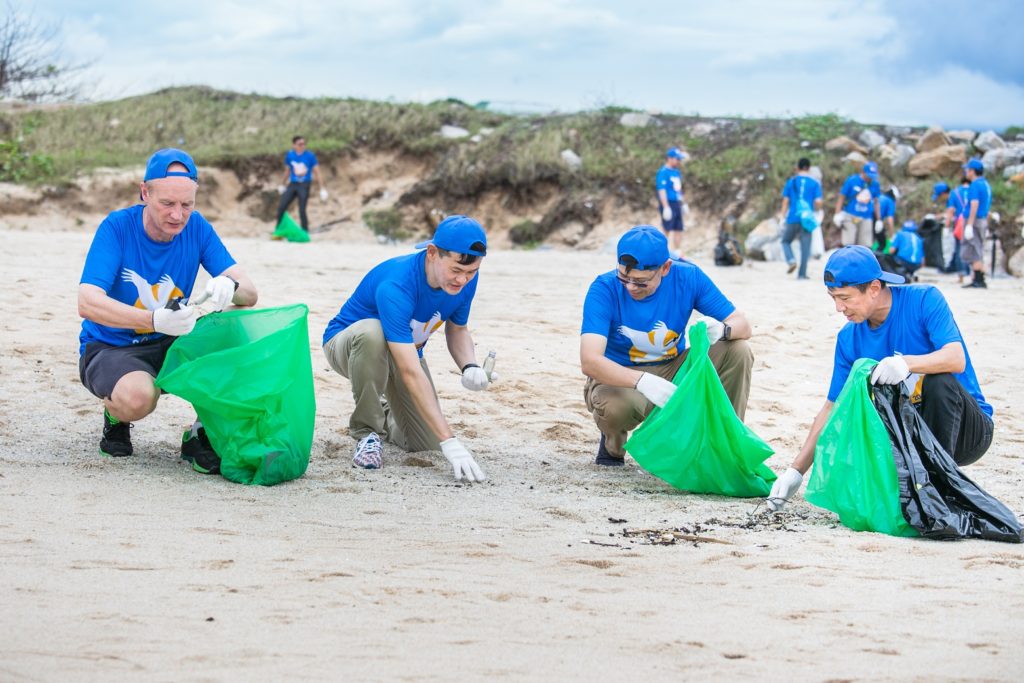
Dow initiated a project to clean water sources and collect beach waste. Involving over 18,000 volunteers and 175 beach areas globally, including Thailand, the project has collected over 80,000 kilograms of garbage in the past 3 years. Aside from waste collection, Dow emphasizes upstream management solutions through Operation Clean Sweep, to prevent the leakage of plastic waste from the production process to the environment.
In Thailand, Dow helped found Public-Private Partnership for Sustainable Plastic and Waste Management (PPP Plastics) in 2018. Together with its partners, Dow supported the government’s drafting and implementation of the Roadmap on Plastic Waste Management (2018-2030). The roadmap provides an operational framework in tackling plastic waste under the circular economy concept and fully recycling plastic waste by 2027.
The latest effort, “Mue Wiset X Won” (the magic recycling hand), involves Dow and over 60 members of PPP Plastics. The project calls for the donation of used plastic items like shopping bags, diaper wraps, water bottle packaging films, and shockproof films used in-home delivery services. These products are destined for recycling, to prevent the loss to the environment and reduce plastic waste to landfill. The goal is to reduce ocean waste and maximize resource utilization accordingly to the circular economy concept.
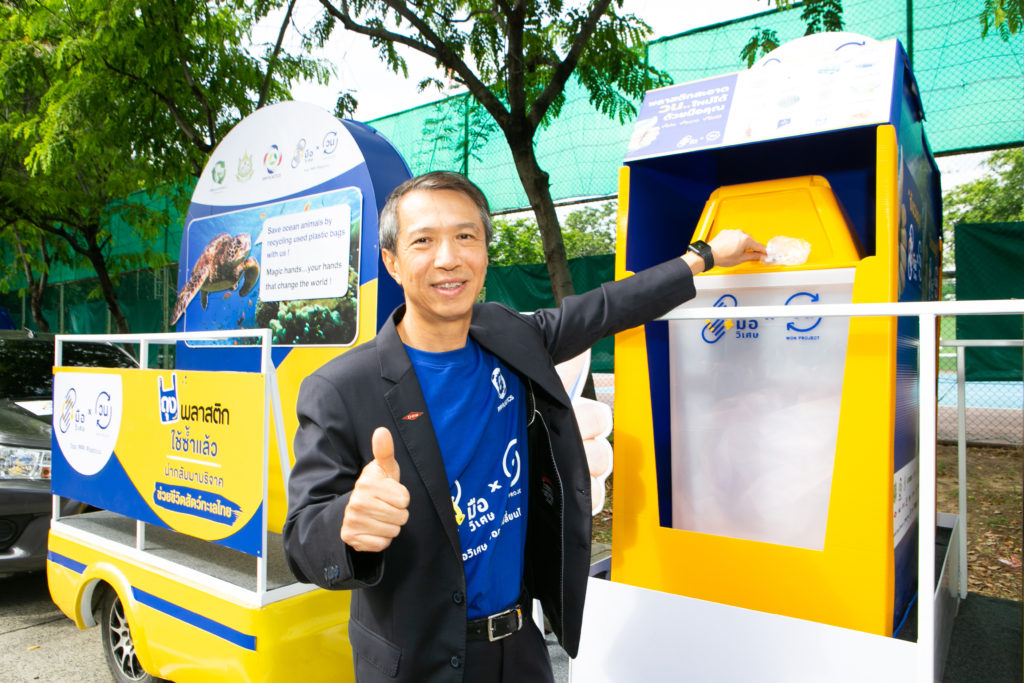
“The Mue Wiset X Won Project showcases the engagement of all involved parties, from producers, recycling business operators, and regulators to consumers in tackling plastic in a sustainable manner. The project will promote awareness and inspire a behavioral change, as plastic waste will be appropriately tossed away and sorted at the start,“ Mr. Chatchai said.
Under the project, in June, “bag recycling buckets” are located at 300 donation spots, including big department stores such as Central, The Mall and Tesco Lotus, including Bangchak gas stations in the Greater Bangkok and Rayong. (Find “bag recycling buckets” here: https://www.facebook.com/droppoints). The coverage areas will be later extended to neighboring provinces and other provinces. The donated bags and films are valued at Bt5 per kg, and the proceeds will go to the Marine Endangered Animals Rescue Center to fund rescue missions.
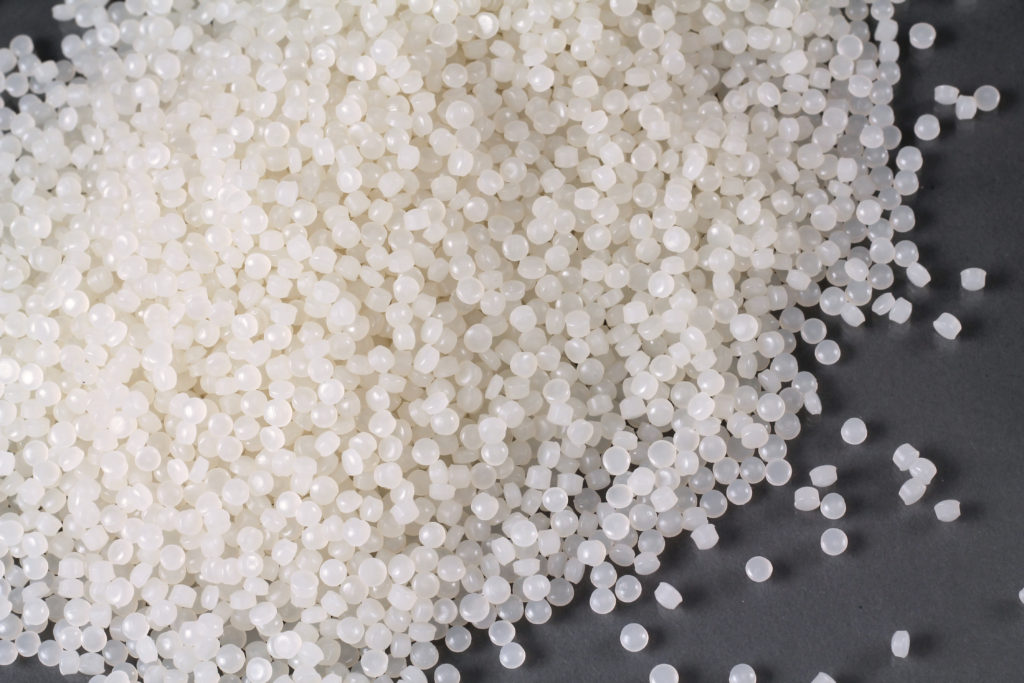 Mr. Chatchai added that brand owners and consumers play an integral part in further fostering technological development. At present, several technologies have been deployed in tackling plastic waste and creating economic value, and some are advanced enough to ensure full recycling. For example, Post Consumer Resin (PCR) previously entailed recycling limitations, but Dow’s newly-developed technology can produce high-quality plastic pellets from PCR. These pellets can be used in the manufacturing of collation shrink film with equivalent quality to new pellets and can be indefinitely recycled.
Mr. Chatchai added that brand owners and consumers play an integral part in further fostering technological development. At present, several technologies have been deployed in tackling plastic waste and creating economic value, and some are advanced enough to ensure full recycling. For example, Post Consumer Resin (PCR) previously entailed recycling limitations, but Dow’s newly-developed technology can produce high-quality plastic pellets from PCR. These pellets can be used in the manufacturing of collation shrink film with equivalent quality to new pellets and can be indefinitely recycled.
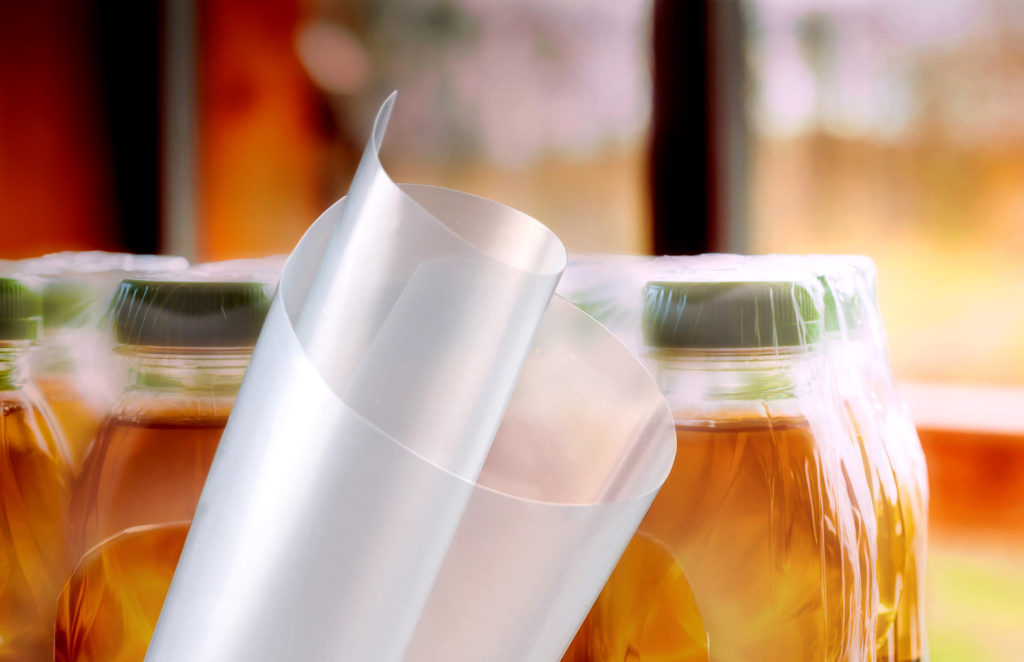 Dow is also the world’s first inventor of Multi-Layer Mono Material Packaging Solution, a material for the manufacturing of recyclable plastic packaging. The single material can substitute multi-layer and multi-material packaging, which is difficult for recycling or cannot be recycled at all. Dow also involves in Chemical Recycling technology that enables feedstock recycling to produce new plastic pellets from waste which are as good as petroleum-based plastic.
Dow is also the world’s first inventor of Multi-Layer Mono Material Packaging Solution, a material for the manufacturing of recyclable plastic packaging. The single material can substitute multi-layer and multi-material packaging, which is difficult for recycling or cannot be recycled at all. Dow also involves in Chemical Recycling technology that enables feedstock recycling to produce new plastic pellets from waste which are as good as petroleum-based plastic.
“Tackling plastic waste is beyond one company or one organization’s capacity. We must engage the general public and networks by building awareness and encouraging consumers to sort waste at the source. And at the same time, we need to promote the readiness of supporting infrastructure and make use of technology for sustainable solutions,” Mr. Chatchai concluded.


















